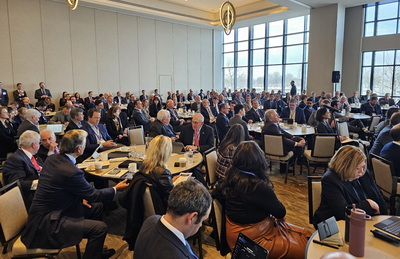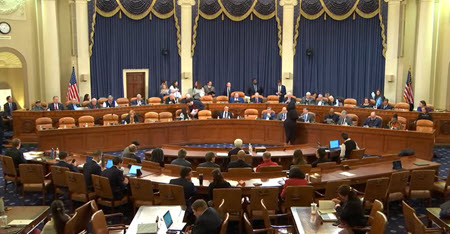
On Jan. 30, The Real Estate Roundtable urged the Florida Department of Agriculture and Consumer Services to consider several recommendations on implementing a new law that could have negative consequences for foreign real estate investment in the state. Twenty states have enacted restrictions on foreign investors in real estate or agricultural land, eight states are considering similar measures, and others are exploring the issue. (Roundtable letter)
Restrictions on Foreign Investment in U.S. Real Estate
- The Florida agency is considering various aspects of the proposed rule, published on Sept. 21, which implements State Senate Bill 264 (SB 264). The law aims to limit and regulate the sale and purchase of certain Florida real property by “Foreign Principals” from “Foreign Countries of Concern.”
- The Roundtable’s Jan. 30 letter commended the national security intentions of the Florida measure yet emphasized that the technical language of SB 264 is much broader in scope than the publicly stated intent of the law. The Roundtable also offered several recommendations to help achieve the law’s stated goals without discouraging U.S.-managed investment funds from pursuing investment opportunities in Florida.
- Real estate and agricultural land are a critical element of Florida’s economy, with state property taxes contributing over 18% of its overall tax revenue. If legal language in SB 264 is not corrected, implementation of the law could have unintended and negative consequences for investment in Florida and the state’s economy.
Roundtable Recommendations

Jeffrey DeBoer
The Real Estate Roundtable’s concerns with Section 204 (692.202) of SB 264 include:
- The new law may prevent U.S. investment funds, controlled and managed by U.S. nationals, from pursuing investment opportunities in Florida if there is any level of investor participation in the fund from countries of concern like China. Non-U.S. investors routinely subscribe for small, generally passive minority interests in these funds. These third-party investors do not have the right to participate in the management of the funds in any way or exercise control over the partnership or its underlying investments.
- A certain interpretation of a de minimis exception available for investment funds controlled by U.S. registered investment advisers could nullify the exception’s application to many different types of private funds controlled by U.S. asset managers that invest in Florida real estate.
- Clarification is needed about the definition of a “controlling interest” that impacts exceptions to the law based on an investor’s meaningful ownership or influence. (SB 264 text).
- In September 2023, the Florida Department of Commerce proposed a positive clarification to a different section of the foreign investment law in response to a previous Roundtable request. RER is hopeful that its current request for further clarification of Section 204 will also be considered during the rulemaking process. (See highlighted areas in the Notice of Proposed Rule)
This week’s letter from Roundtable President and CEO Jeffrey DeBoer urged the Florida agency to consider the impact of their interpretation and implementation effort carefully, so that they do not inadvertently prohibit major U.S. investments that are safe from control by foreign countries of concern. Clear legal clarifications to SB 264 can continue to promote safe real estate investment that encourages economic growth without sacrificing the security or economic interests of Florida.
# # #





















